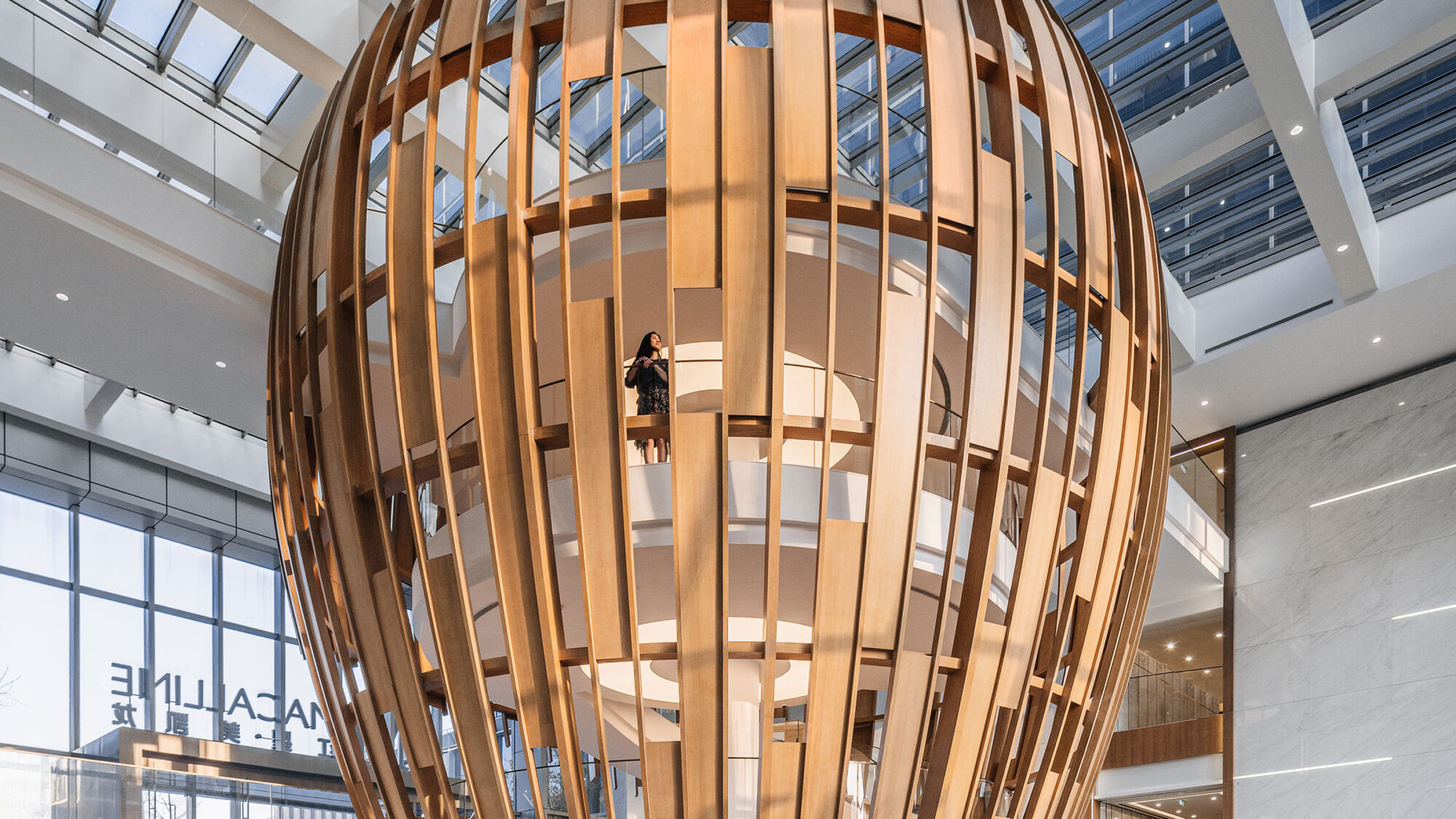

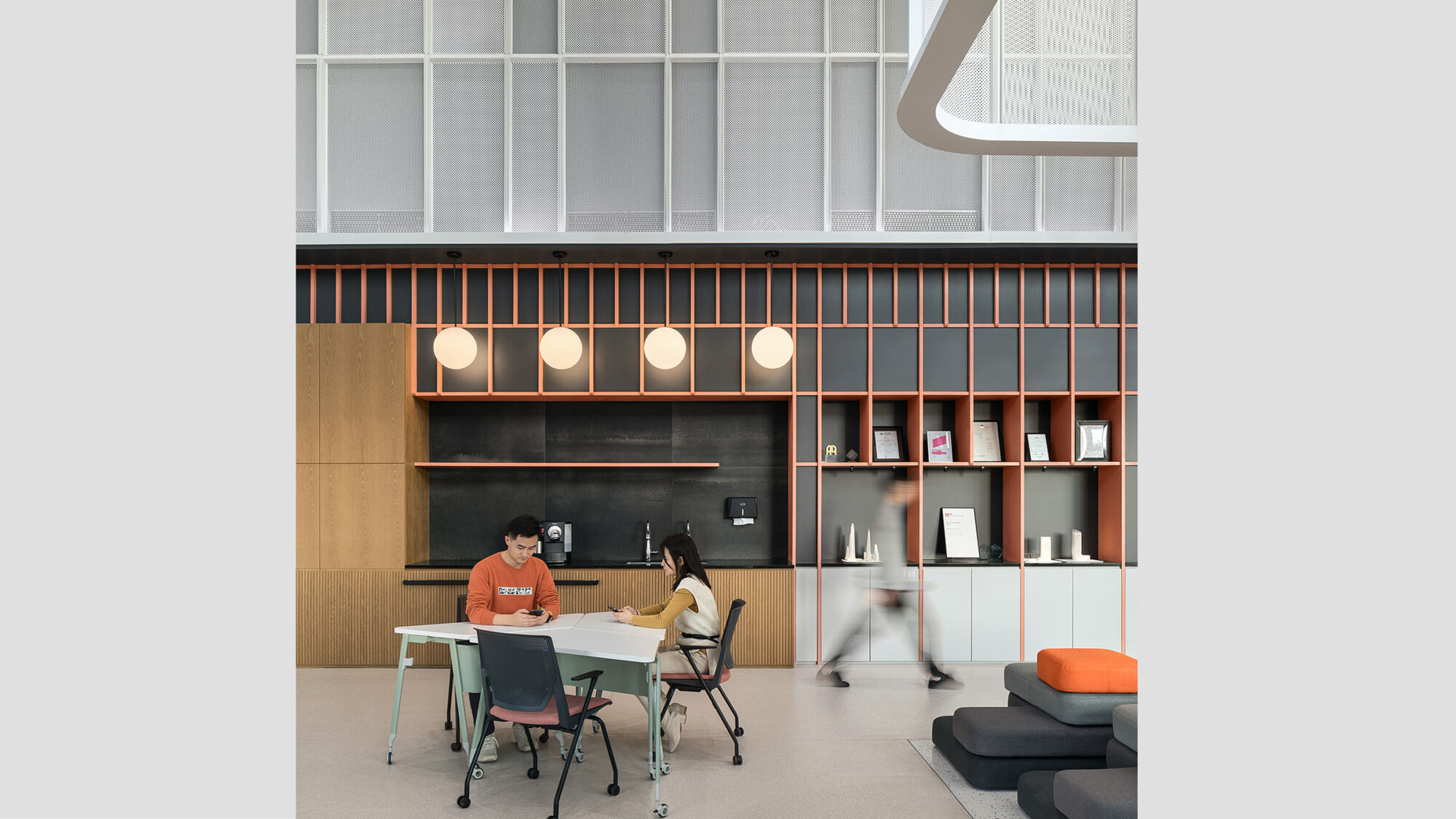
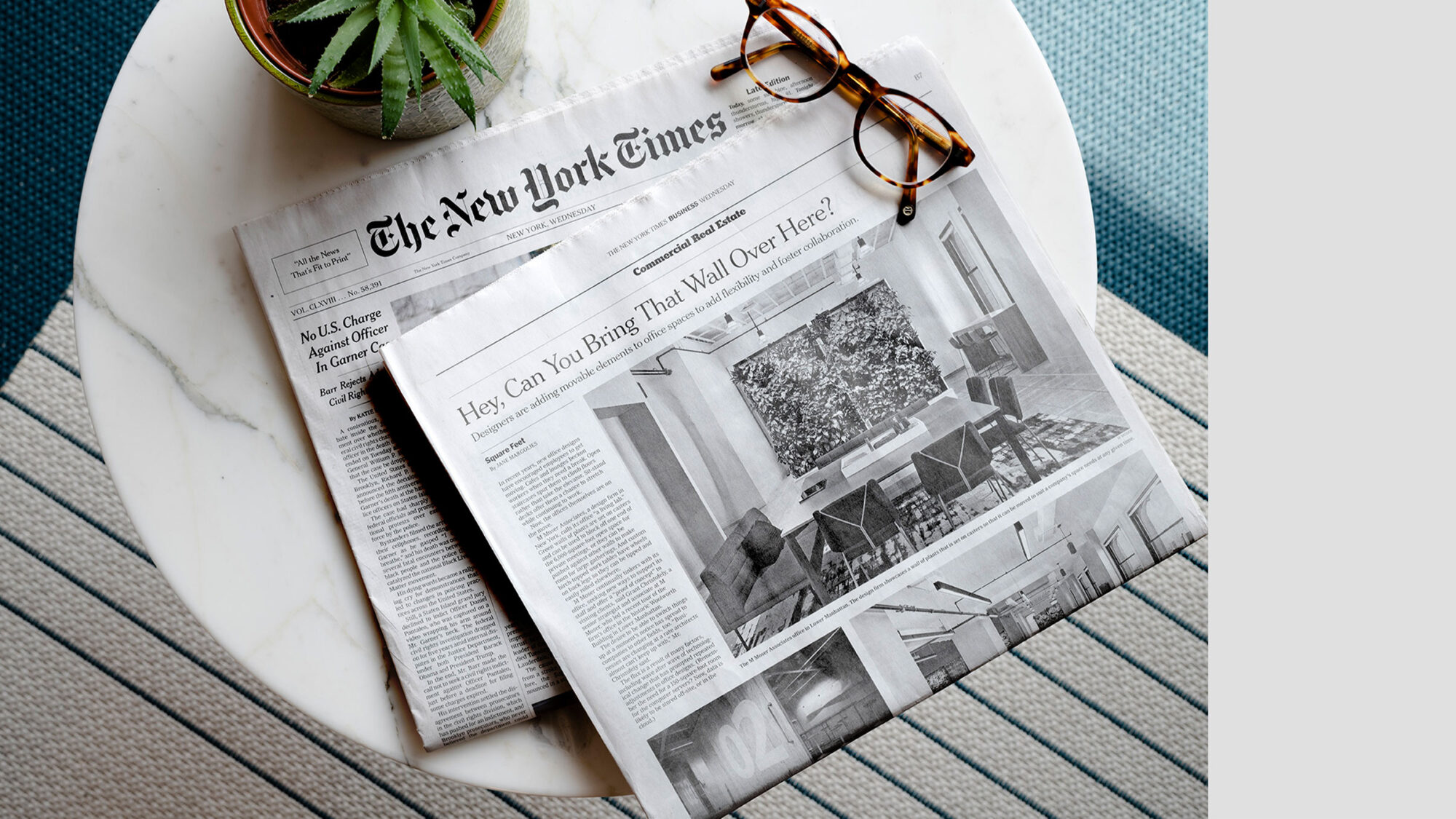

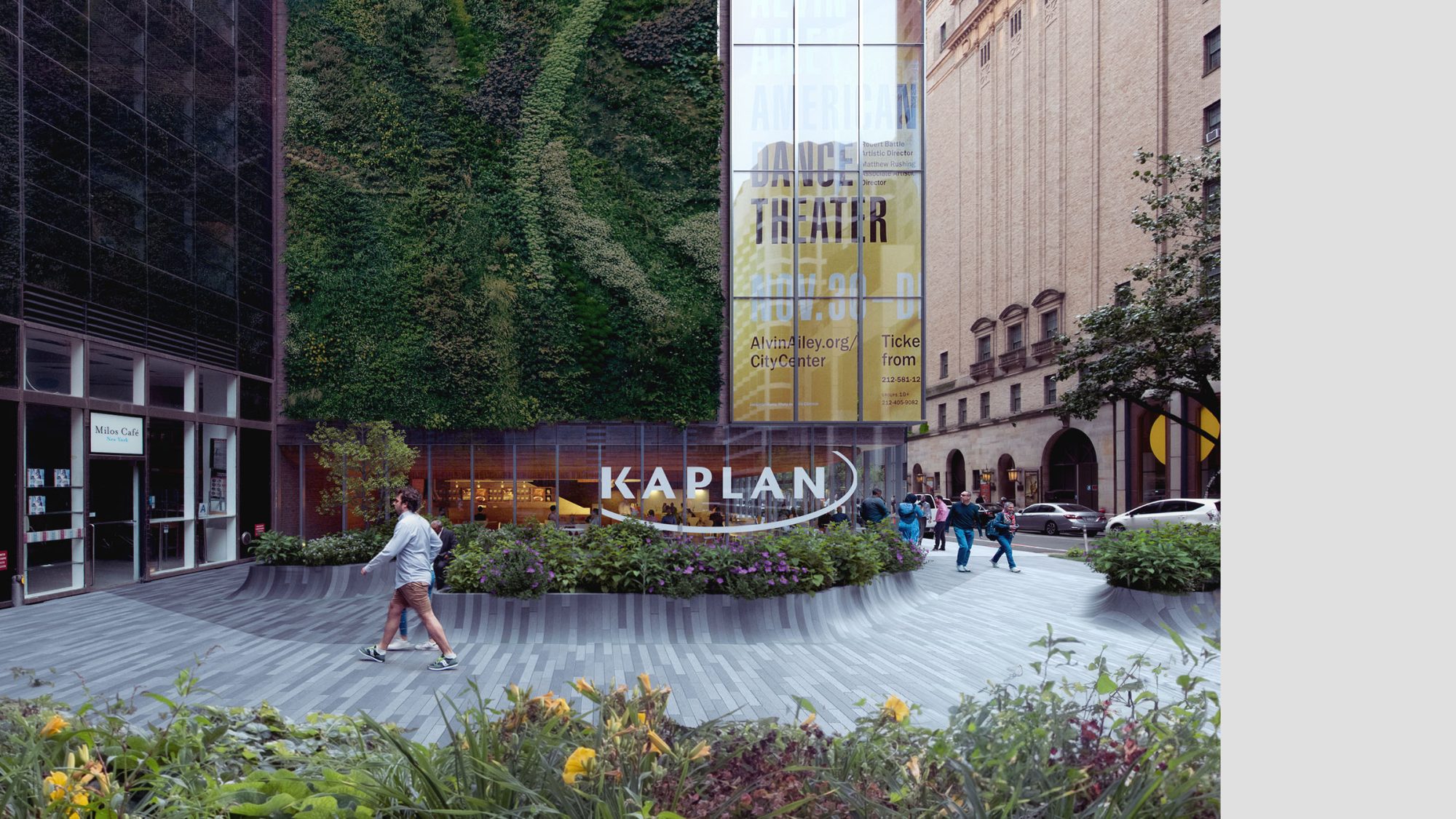
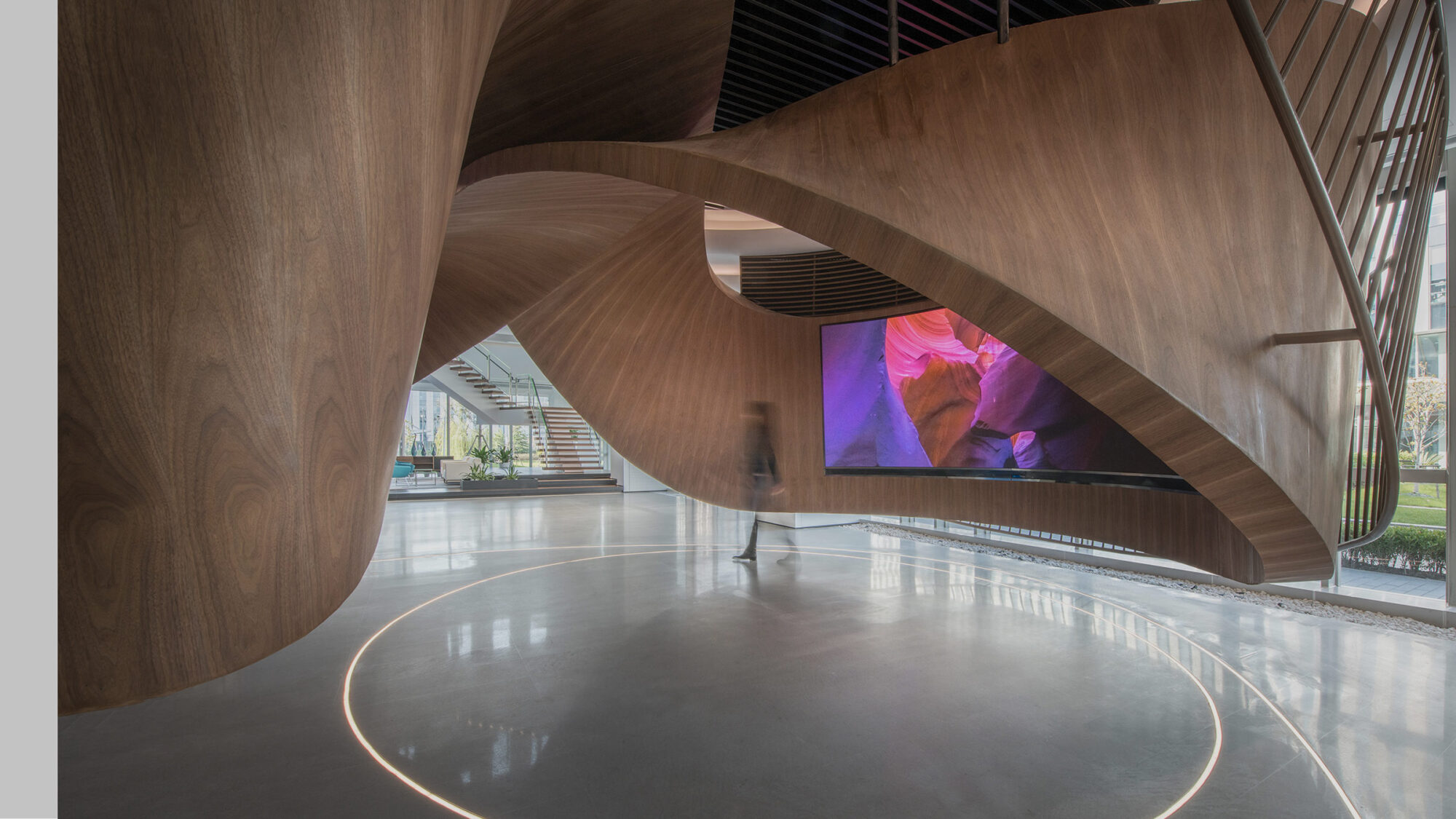
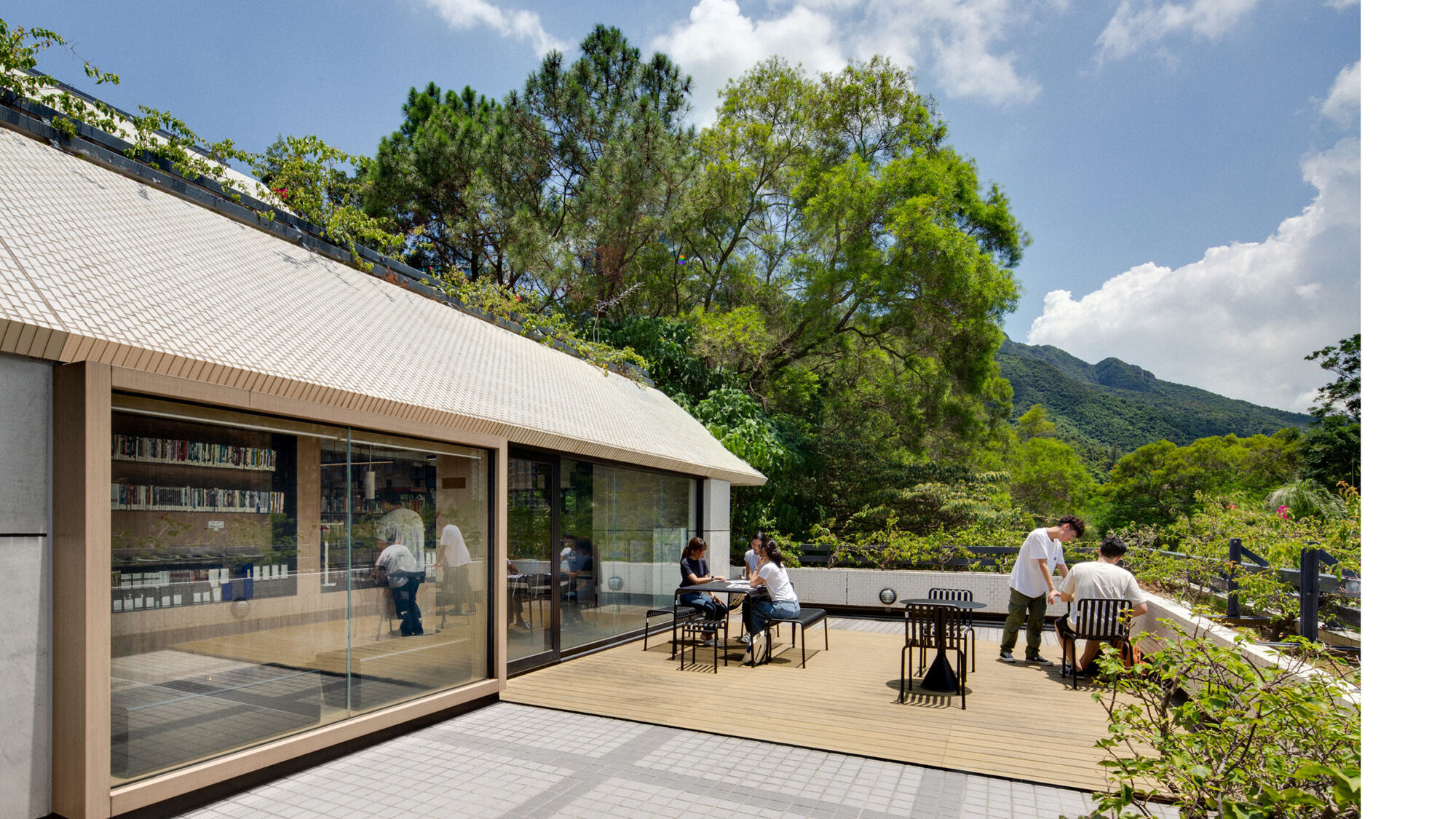
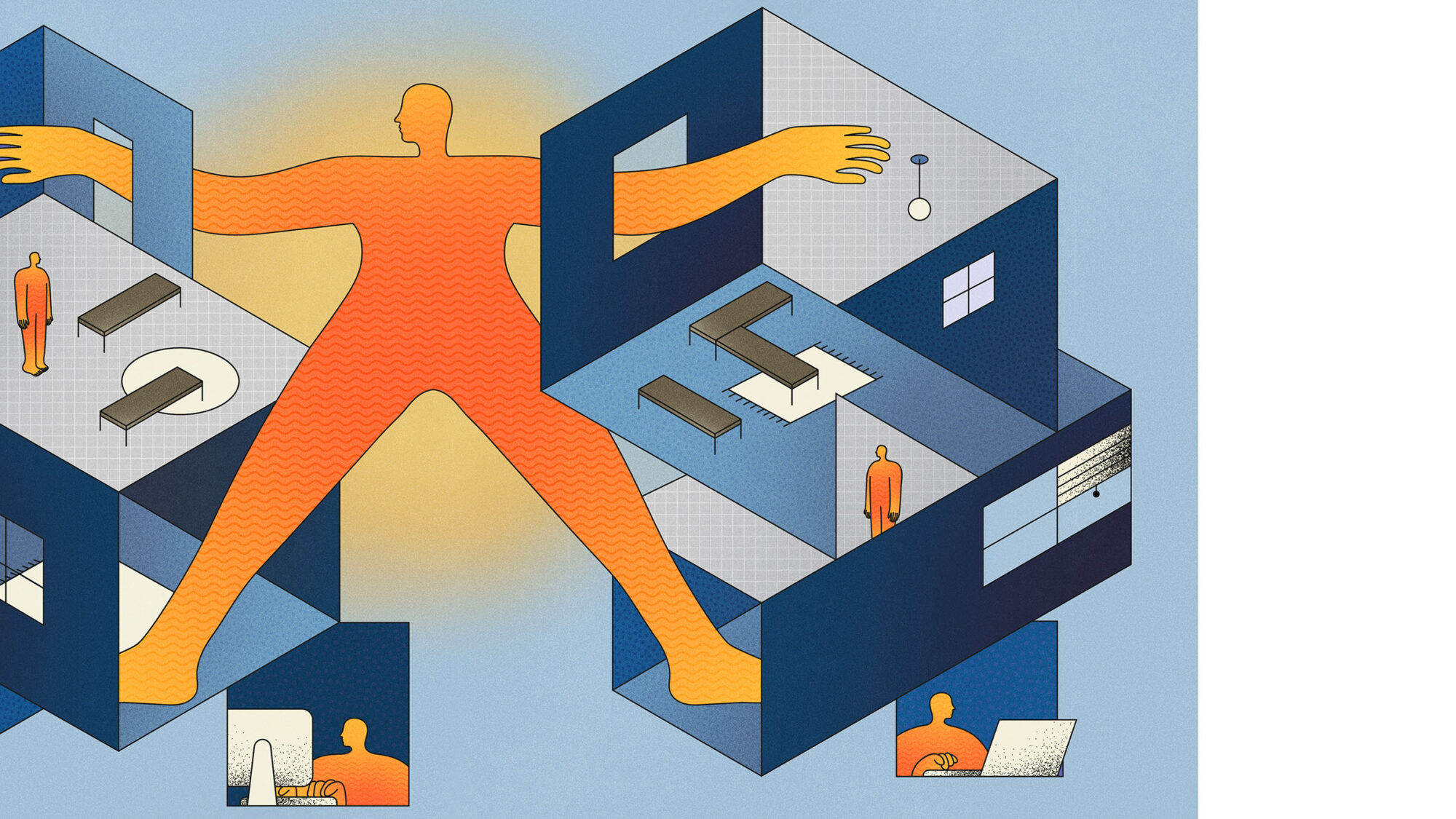
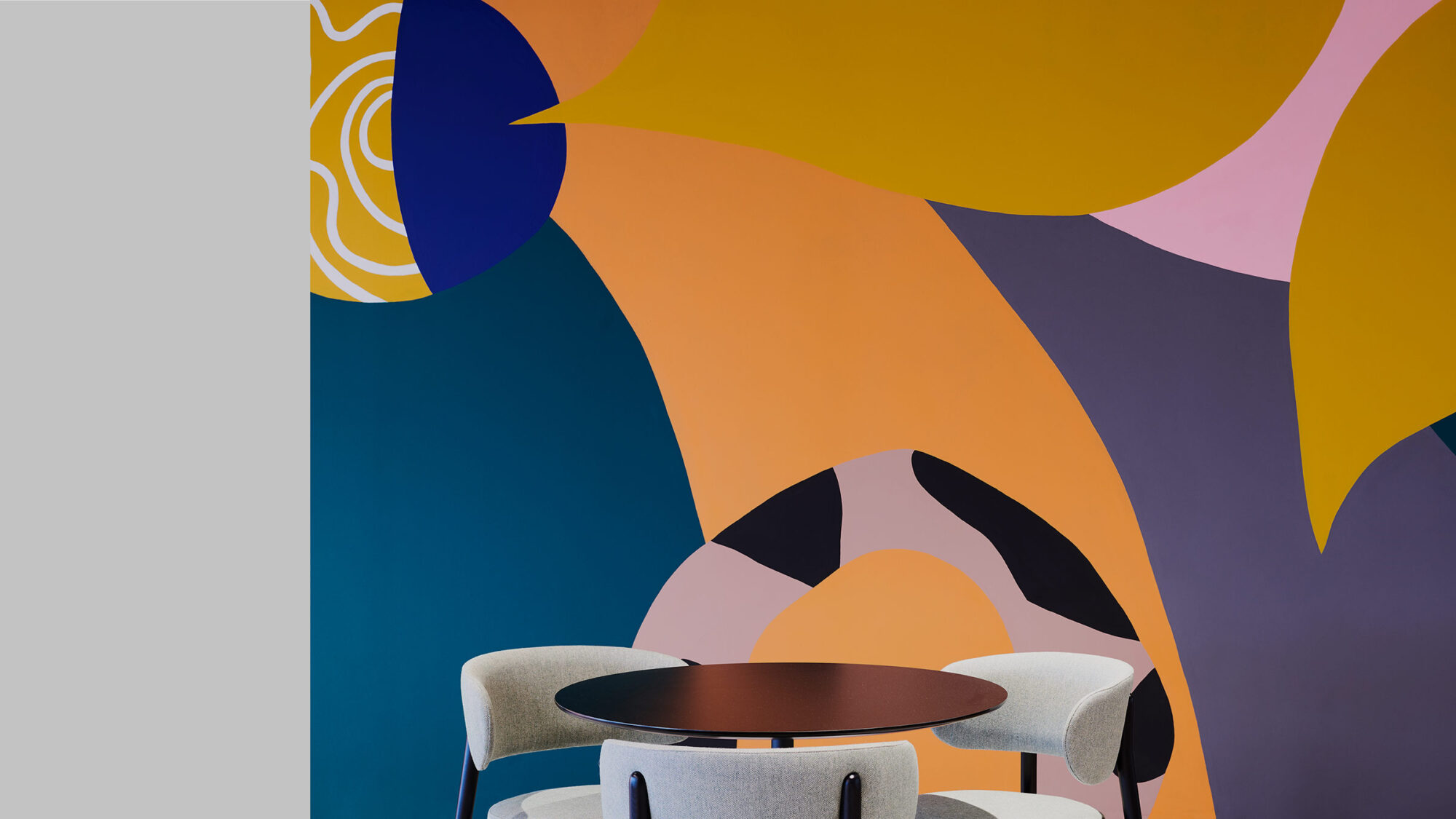
In a podcast episode on NPR’s “All Things Considered”, M Moser Group Director, Nabil Sabet, addresses the importance of creating progressive workplace environments that can accommodate diverse human behaviours and work needs to adapt to future changes.
Office space is going to focus on the very important and refined needs of getting together, working together, collaboration cross-function; things that we just can’t do independently in our homes or remotely.
Nabil Sabet, Group Managing Director, M Moser AssociatesAs companies around the world prepare to welcome staff back into the office, Sabet shares M Moser’s experience as a global design firm at the forefront of health and wellness in the workplace in a time when prioritising people’s safety in the built environment is paramount. “Looking at adjustments to the physical space – air conditioning, the way we come in, the flow through the space – all these measures can be taken very quickly to make the space safe,” Sabet shares.
Considering a new dual frontier, split between time spent working from home and in the office, Sabet also discusses our intrinsic need to connect and socialise with others, which will remain an essential driver in the conceptualisation of the modern office, post-COVID-19. “The purpose of getting out of our house, taking public transit, taking that risk, really needs to be that the office space is going to provide something that will enhance [our] work life.”
Click here for the full conversation (audio and transcript)
In a following episode, Sabet addresses why there’s more to the office than just cubicles and conference rooms. “There’s a human and intrinsic need for us to connect”, he shares.
Emphasising that future offices will look and feel different after being transformed by the coronavirus health emergency, Sabet outlines short-term safety measures through physical distancing and adjustments to the existing space.
When asked about managing office common areas, he shared, “In the interim they are going to be largely decommissioned or used at their lowest possible functional abilities”. Meeting room numbers will be reduced, air purification and sterilisation increased, and activities such as eating in teapoints and kitchens will be stopped and slowly added on.